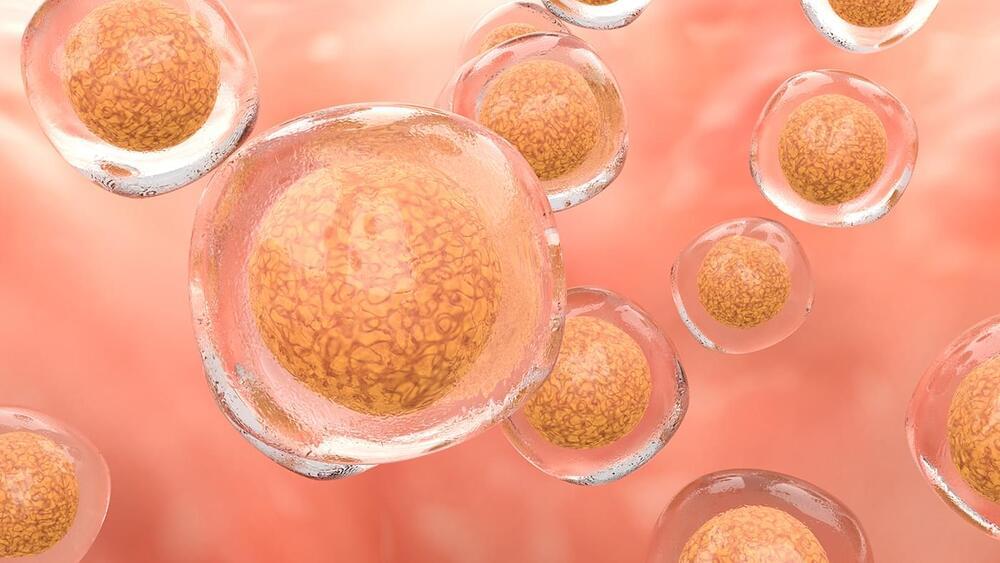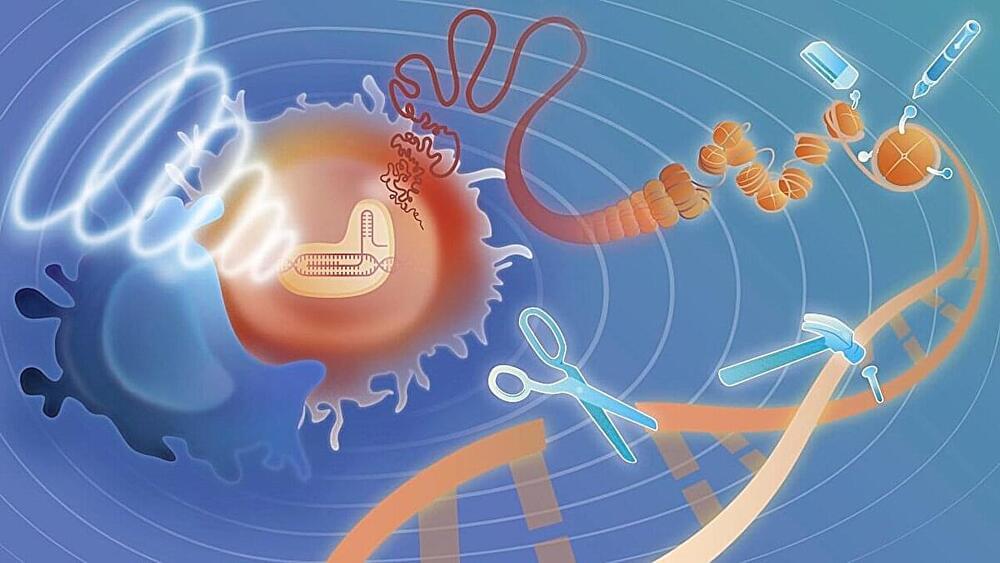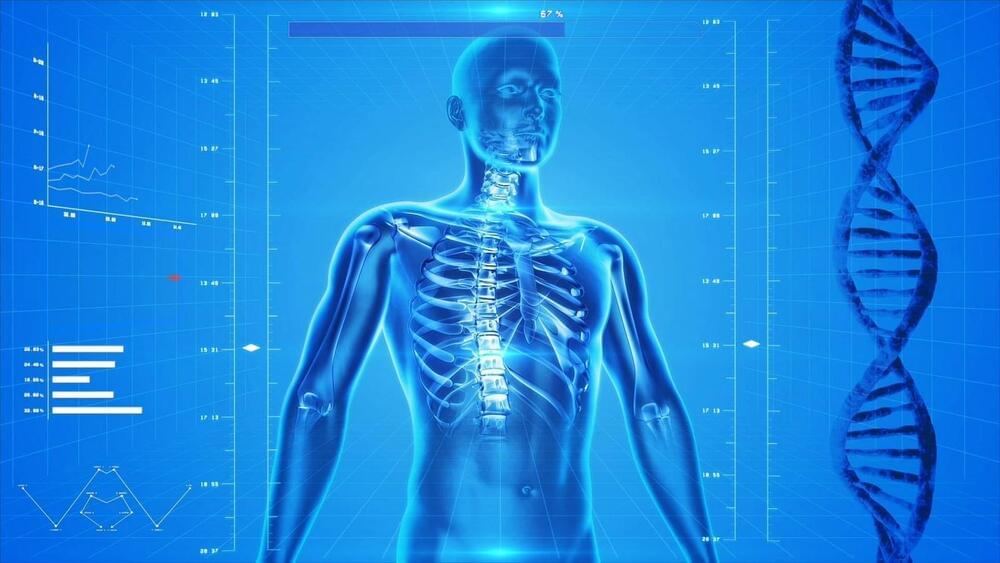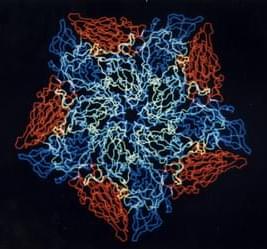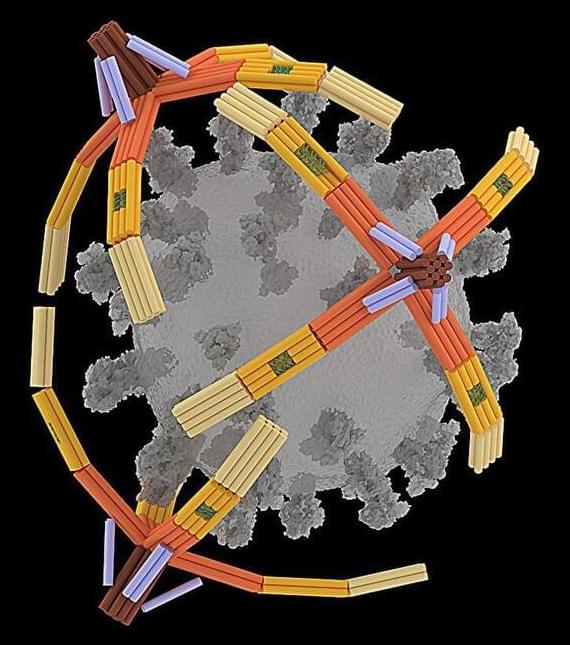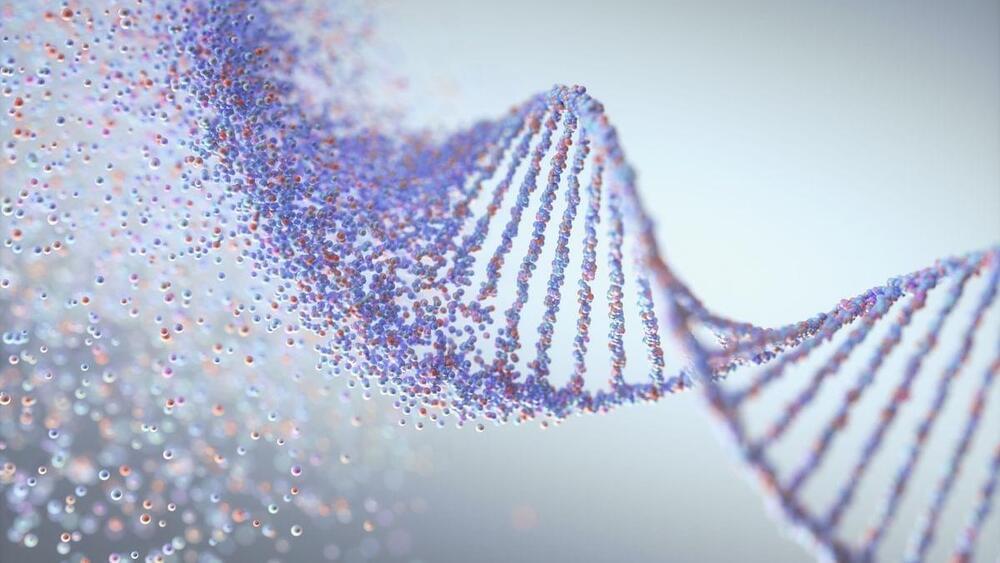Researchers at TU Delft have discovered that E. coli bacteria can synchronize their movements, creating order in seemingly random biological systems. By trapping individual bacteria in micro-engineered circular cavities and coupling these cavities through narrow channels, the team observed coordinated bacterial motion. Their findings, which have potential applications in engineering controllable biological oscillator networks, were recently published in Small.
An audience clapping in rhythm, fireflies flashing in unison, or flocks of starlings moving as one—synchronization is a natural phenomenon observed across diverse systems and scales. First described by Christiaan Huygens in the 17th century, synchronization was famously illustrated by the aligned swinging of his pendulum clocks. Now, TU Delft researchers have shown that even E. coli bacteria—single-celled organisms only a few micrometers long—can display this same phenomenon.
“This was a remarkable moment for our team,” said Farbod Alijani, associate professor at the Faculty of Mechanical Engineering. “Seeing bacteria ‘dance in sync’ not only showcases the beauty of nature but also deepens our understanding of the microscopic origins of self-organization among the smallest living organisms.”
